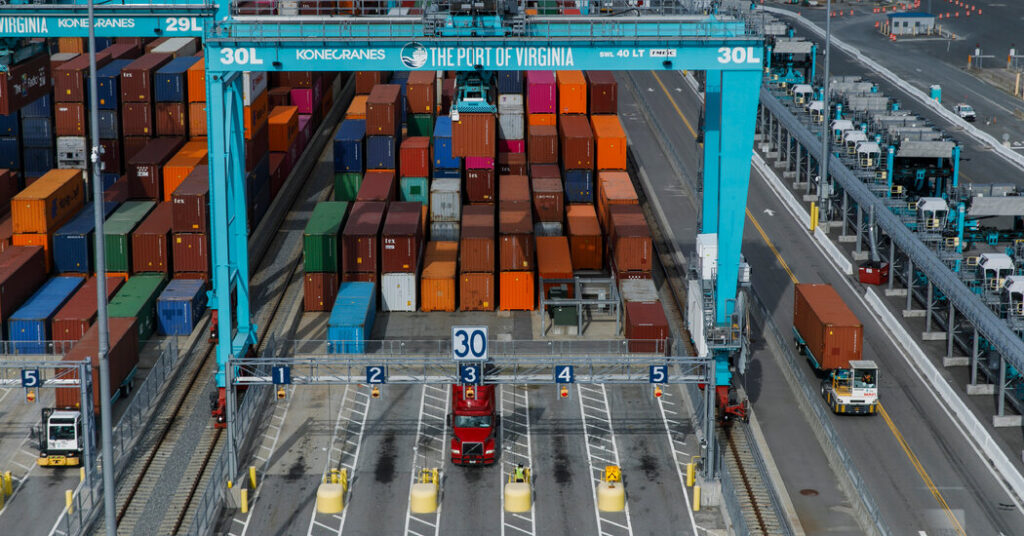
Automation replacing jobs has intensified as technological advancements threaten traditional employment sectors. In particular, port workers are at the forefront of this issue, facing the possibility that replacing jobs could significantly impact their livelihoods. The integration of automated systems into port operations is sparking fears among employees about job security and the future of their roles.
Automation Replacing Jobs Impacts Port Workers
The implementation of automation in ports has been driven by the desire for increased efficiency and reduced operational costs. Automated cranes, self-driving vehicles, and robotic systems are now common in many major ports. While these technologies promise faster processing times and improved safety, they also raise concerns about replacing jobs. NYTIMES
Port workers worry that as automation becomes more prevalent, their positions could be rendered obsolete. This fear is not unfounded, as the increased use of automated systems in ports has already led to significant job losses in some regions. The potential for replacing jobs highlights the need for strategies to protect workers and ensure that the benefits of technological advancements are not achieved at the expense of human labor.
The Strike Movement Against Replacing Jobs
In response to the growing threat of replacing jobs, port workers have organized strikes to voice their concerns and demand job security measures. These strikes are a direct reaction to the fear that automation could drastically reduce the number of available jobs in the port industry. Workers argue that while automation offers numerous benefits, it should not come at the cost of their livelihoods.
The strike movement emphasizes the need for a balanced approach to implementing automation. Port workers are calling for policies that protect their jobs and provide support for those affected by technological changes. They advocate for measures such as retraining programs and job transition assistance to help workers adapt to the evolving job market.
Balancing Replacing Jobs and Economic Growth
The challenge of replacing jobs is not unique to the port industry but is a broader issue affecting many sectors. To address this challenge, it is essential to find a balance between embracing technological advancements and ensuring that workers are not left behind. Policymakers, industry leaders, and workers must collaborate to develop strategies that support both economic growth and job security.
Potential solutions include:
- Investing in Retraining Programs: Providing opportunities for workers to gain new skills and adapt to changes in the job market.
- Developing Job Transition Plans: Offering support services and job placement assistance to those affected by automation.
- Implementing Fair Labor Policies: Creating regulations that ensure workers’ rights and fair compensation in the face of technological changes.
Antonio Maracas
Como escritor, minha paixão é transformar ideias em palavras que ressoam com os leitores.
